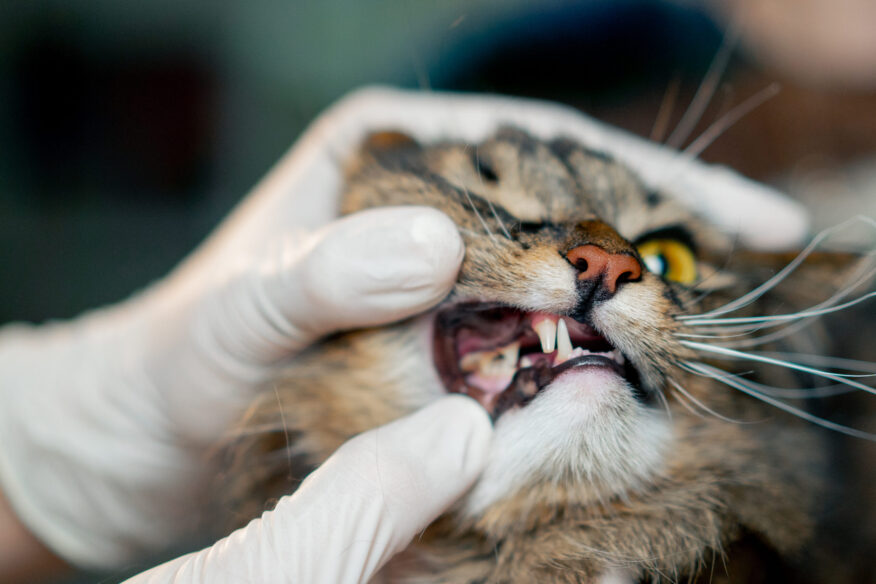We cherish every wagging tail, every purr, every comforting presence our pets bring into our lives. As they gracefully age, we naturally anticipate a little slowing down, perhaps a few more naps, and a touch of grey around the muzzle. But have you ever wondered if those subtle changes you’re noticing could be more than just the passage of time? Could they be early indicators of cognitive decline, often referred to as pet dementia or, more formally, Cognitive Dysfunction Syndrome (CDS)?
Just like us, our beloved dogs and cats can experience changes in their brain function as they get older. CDS is a surprisingly common condition in senior pets, and recognising the signs early can make a world of difference in their quality of life.
What to look out for
So, what are some of these subtle shifts we should be aware of that might be pet dementia? You might start to observe things like:
- A little lost in their own home: Confusion, disorientation, or staring blankly at walls can be telltale signs.
- Accidents happening indoors: Changes in toileting habits, even if they’ve been perfectly house-trained for years, could be linked to CDS.
- Restless nights: Pacing, whining, or general unease during the night can disrupt their sleep and yours.
- A shift in their social butterfly status: You might notice changes in how they interact with you, other family members, or even their favourite toys. They might seem less enthusiastic or more withdrawn.
- Chattier than usual (especially our feline friends): Excessive vocalisation, particularly at night, can be another indicator.
At Summer Hill Village Vet, we understand the deep bond you share with your pet. That’s why we make it a priority to screen for subtle signs of pet dementia / CDS during every senior health check-up. While we can’t turn back the clock, we can play a crucial role in slowing down the progression of cognitive decline, ensuring your pet remains comfortable and happy, and providing you with the practical advice and support you need to navigate these changes.
The good news – it can be helped
The good news is that with the right approach, which may include medications, tailored dietary support, and simple environmental adjustments, many pets diagnosed with pet dementia / CDS can continue to live fulfilling and joyful lives for years to come.
Don’t dismiss those little changes as “just old age.” Early detection is key to providing the best possible care for your senior companion.
Is it time for your pet’s senior check-up? Let us help you spot the signs early and ensure your furry friend enjoys their golden years to the fullest. Book their appointment today!




